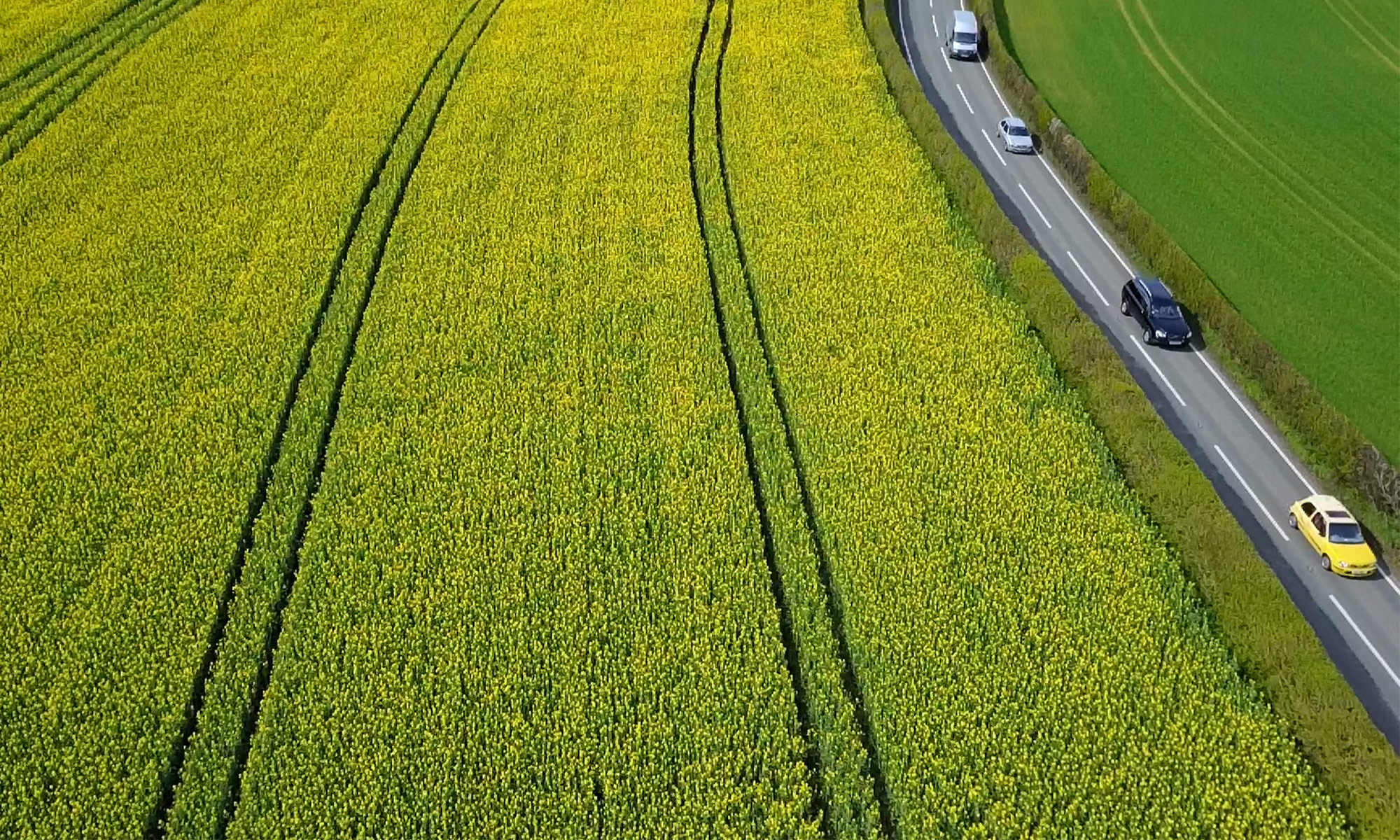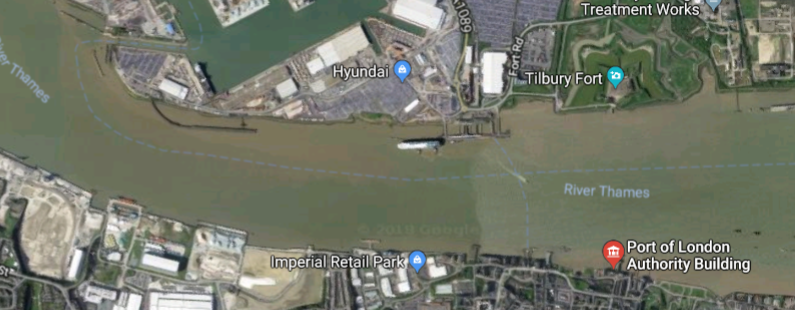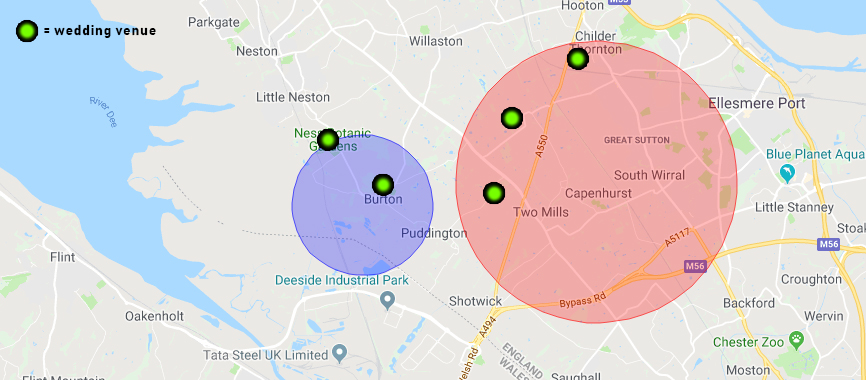Not only are drones and their applications almost endless, they are also set as an industry to be worth in access of £40bn a year in the UK by 2030. Globally, UAV technologies are projected to be worth more than £120bn a year.
Now is the time to get young people interested in drone tech…

What better way to do it than with a Legal, Licenced Pilot to inspire your learners?
Some progressive, forward thinking schools in the UK are seeing the benefit of bringing in DSR Pilots, with their wealth of knowledge and specialist skills. Our network of professional, personable pilots are the best possible choice for bringing a curriculum to life. The extensive reach of drone tech is unsurpassed.
- Geography – drones regularly produce amazing maps, through incredibly clever techniques such as photogrammetry, structure from motion and other things that will spark interest in your learners.
- Mathematics & Physics – there is a lot of mathematics involved in making a drone fly, including revolutions per minute, time, distance and speed calculations, altitude
- Design & Technology – from aerodynamics of propellers to ergonomics of controllers, drone tech has it all. Electronic components and how they work are key elements in how this tech comes together.
- Biology – drones are on constant patrols in wildlife reserves across the African continent, as guardians over rhino and elephant, in Borneo, monitoring families of Organutans. Protecting endangered species and helping to track poachers is yet another engaging way drone tech is changing the world we live in.
- Electronic Engineering – all drones have similar parts, however the way they go together can vary. Your learners can learn how they can build their own drones – racers, lifters, trackers and mappers. All this is available for your school with DSR Pro members.
All of these subject areas can be targeted, however more generic introduction sessions can be provided, along with drone demonstrations. Students of all abilities are encouraged to have a go, have a look and check out the possibilities for their future careers.
We at DSR recognize the relevance and the importance of drone tech, and how it can fit in to STEM (Science, Technology, Engineering and Mathematics) subjects. Schools can harness this opportunity to enagage and help children of all ages and abilities to harness the power of the propeller, the understanding of the science, and to become the next generation of engineers, pilots and scientists that our country needs.
Getting your students ahead of the employability game couldn’t be easier; contact your local pilot to learn about how to enhance your school offering today!
You never know, the pilot might get a great aerial image of your school whilst the aircraft takes it’s demonstration flight!



